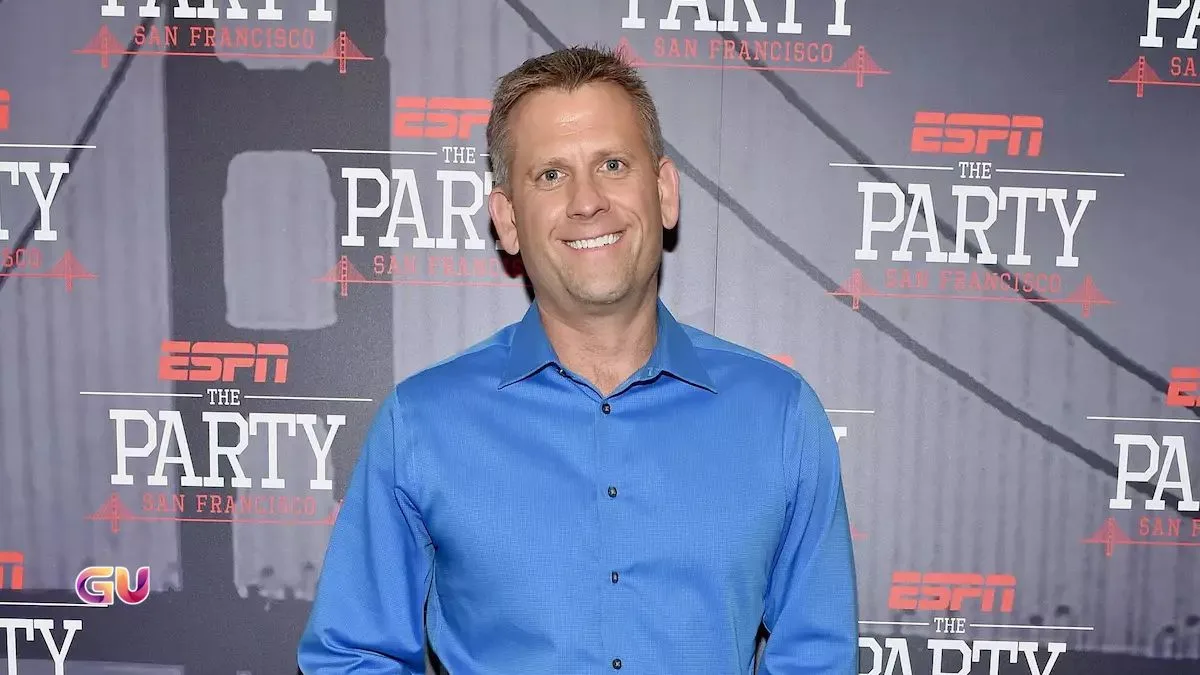John Brenkus, the visionary co-creator and host of the Emmy-winning TV series Sports Science, has died at the age of 53, his family announced in a heartfelt social media post on Sunday evening, June 1. Brenkus passed away on May 31, after a private and prolonged struggle with depression.
Best known for blending biomechanics and data analysis with sports entertainment, Brenkus helped revolutionize the way fans understand athletic performance. Over his career, he produced and hosted more than 1,800 segments, turning complex science into compelling, accessible storytelling.
“John lost his fight with this terrible illness,” the family’s statement read. “We ask for privacy and urge anyone struggling with depression to seek help.”
A Pioneer in Sports Media
Sports Science debuted on Fox Sports Net in 2007 and later moved to ESPN, where it became a staple across the network’s platforms. The show earned six Sports Emmy Awards for its innovative use of motion capture, physics modeling, and expert analysis to break down everything from an NFL receiver’s leaping ability to the punch force of an MMA fighter.
Athletes featured on the show included stars like Tyreek Hill, Joey Chestnut, and Drew Brees. Under Brenkus’s leadership, Sports Science became a bridge between athletic excellence and scientific inquiry—educating while entertaining.
Beyond ESPN, Brenkus co-founded BASE Productions and later launched Brinx.TV, where he continued producing performance-driven content with programs like The Goat Code, described as “Sports Science on steroids.”
Mental Health Advocate
While Brenkus kept many of his personal challenges private during his peak TV years, in recent interviews—including with Marcellus Wiley and on Brinx.TV’s Never Shut Up—he candidly shared his mental health struggles. He spoke openly about a suicide attempt and credited his dog for intervening and helping him reach out for help.
“I was flat-out suicidal,” Brenkus said in a 2023 interview. “I wouldn’t be here if not for my dog.”
His honesty struck a chord in the sports and broadcasting industries, where discussions about mental health—especially among men in high-performance careers—are often stigmatized.
Tributes Pour In
Following the news of his death, fans, athletes, and fellow broadcasters paid tribute to Brenkus across social media, praising not only his contributions to sports broadcasting but also his courage in speaking out about mental illness.
“He made science cool in sports,” one fan wrote. “And he made it okay for men to talk about pain. We’ll miss him.”
